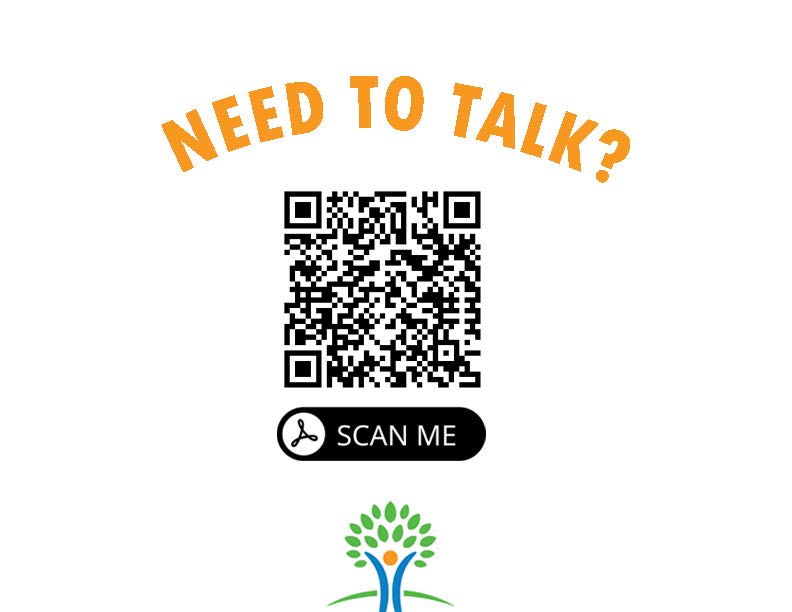
Arlington School Support Line
June 15, 2021
Our friends at Arlington Public School and Cigna have partnered up to provide a school support line linking vital resources for crisis and referral support…
July 18, 2013
Sex and violence are common occurrences in the media and with the available exposure kids have to media, their behavior, perceptions and personalities can be easily influenced and distorted.
In today’s society, the average child watches four hours of television every day; listens to music between four and five hours; and plays video games up to seven hours a week.
Television watching is a favorite activity for kids; however, T.V. alone is estimated to be responsible for motivating at least10 percent of youth violence. Although some stations contain ratings for shows, it is important to keep in mind they are not always age appropriate.
Violent video games are the most heavily marketed and consumed games. Exposure to violent video games is has shown to increase levels of aggression in both young adults and children.
Music today sometimes contains very explicit lyrics that often reference sex, drugs, alcohol, and violence. Heavy metal and rap music are known to glorify violence and some artists have been charged with violent crimes in real life, which can distort children’s views of the real consequences that follow certain behavior.
Younger children tend to model behavior they see and don’t always understand the difference between reality and entertainment; therefore, exposure to sex and violence through the media’s influence can:
Media is everywhere but there are ways to help protect your children from the harmful effects: